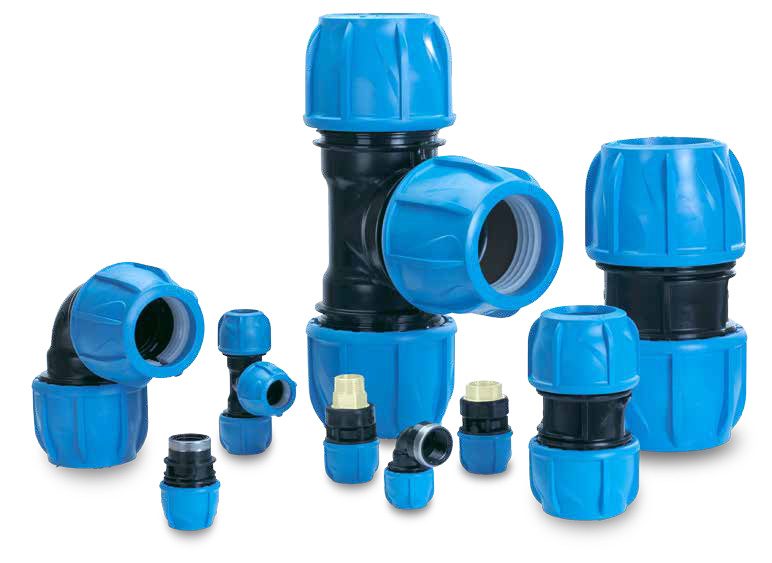Mosquito Mastery: Advanced Eradication Strategies
Mastering Mosquitoes: Advancements in Eradication Strategies Mosquitoes, notorious vectors of diseases, pose a significant threat…


Mastering Mosquitoes: Advancements in Eradication Strategies
Mosquitoes, notorious vectors of diseases, pose a significant threat to public health. Explore the cutting-edge technologies and strategies that are revolutionizing mosquito eradication, ensuring safer and more effective methods for controlling these pesky and potentially dangerous insects.
1. The Global Impact of Mosquito-Borne Diseases
Mosquitoes are responsible for transmitting diseases like malaria, dengue fever, and Zika virus, affecting millions worldwide. Advanced eradication strategies are crucial in mitigating the impact of these diseases and preventing their spread.
2. Precision Mapping with GIS Technology
Geographic Information System (GIS) technology plays a pivotal role in mosquito control. By precisely mapping mosquito habitats, breeding grounds, and disease hotspots, authorities can develop targeted strategies for eradication, optimizing resource allocation.
Link to Advanced Mosquito Eradication Strategies
3. Genetic Modification to Reduce Mosquito Populations
Genetic modification techniques are being explored to reduce mosquito populations. Scientists are developing genetically modified mosquitoes that carry a self-destructive gene or are sterile, offering a sustainable and species-specific approach to population control.
4. Insect Growth Regulators for Larval Control
Insect Growth Regulators (IGRs) disrupt the development of mosquito larvae, preventing them from reaching maturity. These environmentally friendly chemicals target specific stages of the mosquito life cycle, minimizing harm to non-target species.
5. Sterile Insect Technique: A Natural Control Method
The Sterile Insect Technique (SIT) involves releasing sterile male mosquitoes into the wild. When these mate with females, no offspring are produced, gradually reducing the overall mosquito population. SIT offers a natural and non-chemical method of control.
6. Mosquito Traps Enhanced with AI Technology
Modern mosquito traps are equipped with Artificial Intelligence (AI) technology. These traps use sensors and algorithms to identify mosquito species, allowing for targeted interventions. This smart approach minimizes the capture of beneficial insects while effectively reducing mosquito numbers.
7. Larvivorous Fish for Biological Control
Introducing larvivorous fish into mosquito breeding habitats provides a biological control solution. Fish species like Gambusia feed on mosquito larvae, disrupting the breeding cycle and naturally controlling mosquito populations in aquatic environments.
8. Ultra-Low Volume (ULV) Insecticide Fogging
Ultra-Low Volume (ULV) fogging disperses small amounts of insecticide in fine droplets, targeting adult mosquitoes. This method is highly efficient, requiring minimal chemical use while covering large areas. ULV fogging is a common approach in mosquito control programs.
9. Community Engagement and Education
Community involvement is a crucial component of advanced mosquito eradication strategies. Educating communities about mosquito breeding prevention, proper waste disposal, and personal protection measures enhances the overall effectiveness of eradication efforts.
10. Integrated Mosquito Management (IMM) Approaches
Integrated Mosquito Management (IMM) involves combining various strategies for comprehensive control. IMM includes surveillance, source reduction, biological control, and targeted insecticide use, creating a multi-faceted approach to mosquito management.
Conclusion
In conclusion, advanced mosquito eradication strategies represent a paradigm shift in the fight against mosquito-borne diseases. From genetic modification and precision mapping to AI-enhanced traps and community engagement, these strategies offer more sustainable, targeted, and effective solutions. By harnessing the power of technology and incorporating eco-friendly approaches, we pave the way for a future with fewer mosquitoes and reduced risks of disease transmission.







